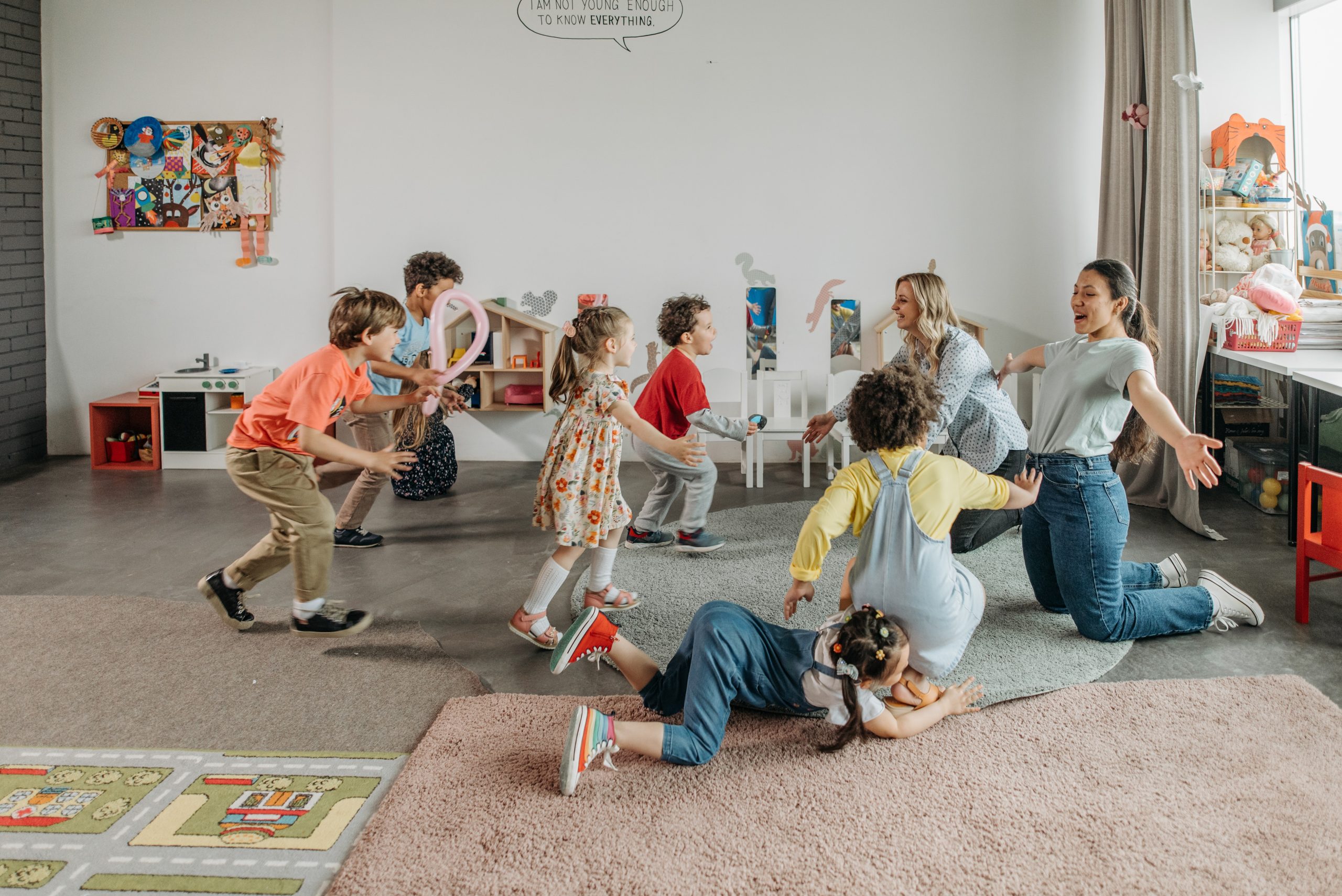Description
EKKA is a specified national service under the jurisdiction of the Ministry of Labour and Social Affairs. With the support from UNICEF, publishes a bi-weekly updated report on the situation of Unaccompanied Children in Greece based on accommodation referrals sent to the Service for the Management for Accommodation Requests of Unaccompanied Minors. The data is available online. At the same time, EKKA offers Social Care services such as a hot-line service for unaccompanied children and Shelters for women and children victims of exploitation, trafficking, and abuse. It has also developed a Coordination and Management Service for the housing requests of unaccompanied asylum seekers. Moreover, EKKA has developed coordinating activities such as creating National Registers for the monitoring and evaluation of activities of social care and solidarity for vulnerable groups. Also, the Child Protection Operational Co-ordination Service for the interconnection of service providers, a Certification Service for NGO’s that offer social care services, the publication of reports, Centers of Life-long learning for the training of professionals, and the Service of European co-funded projects that develops projects on social protection, awareness and battling social exclusion. Finally the Center, contracts agreements with state actors, local authorities, and Volunteer Organizations on the issue of emergency assistance to vulnerable groups.
- Access to compulsory education
- Access to health care
- Children complete compulsory education
- Children maintain their cultural identity while adopting new cultural values and intercultural competences
- Children remain in (formal) education beyond compulsory levels / Access to (formal) non-compulsory education
- Children's academic skills
- Children's competence in host language
- Children's legal status
- Children's life satisfaction / happiness
- Children's sense of belonging
- Friends and peers (bridges)
- Friends and peers (support)
- Institutions
- Teachers
- Types & levels of (formal) non-compulsory education attended



